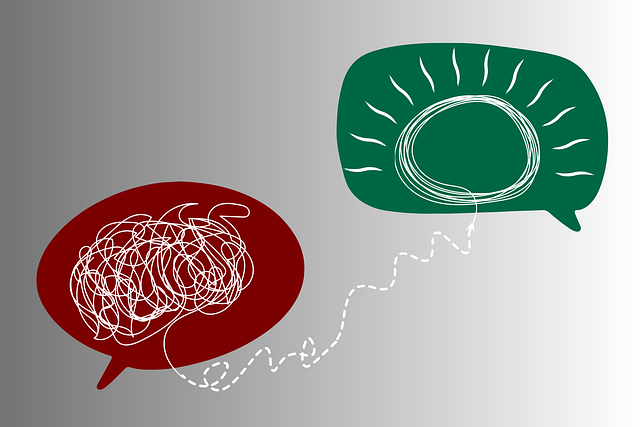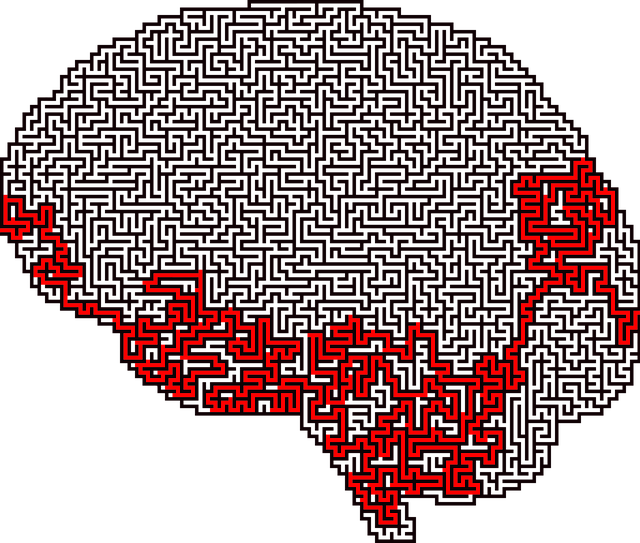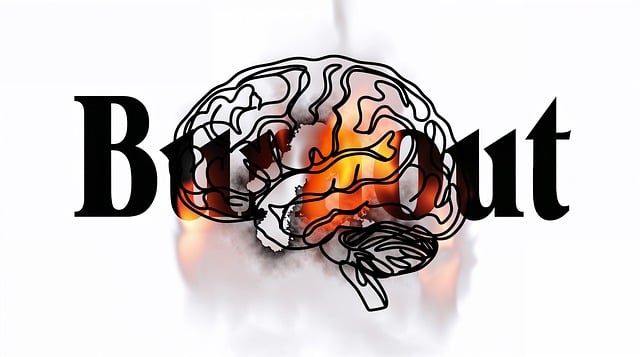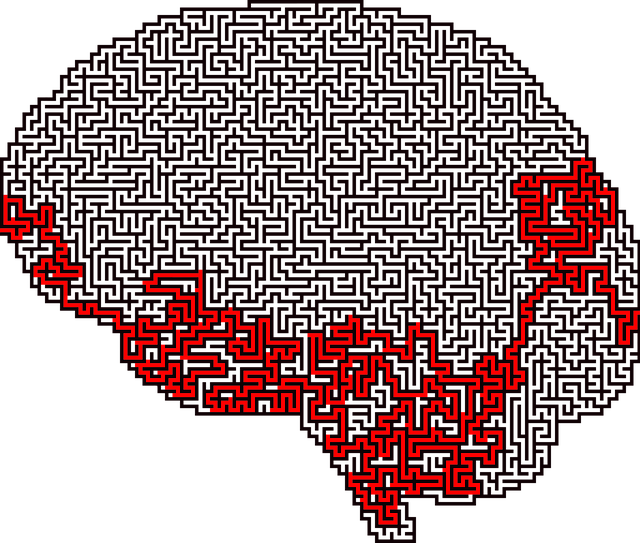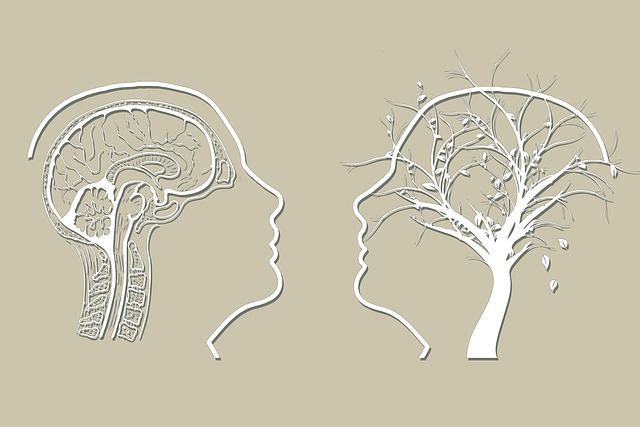Lafayette Interpersonal Issues Therapy (LIIT) is a powerful crisis intervention method focusing on immediate, holistic support during severe mental distress. By fostering open communication, teaching conflict resolution, and promoting positive thinking, LIIT empowers individuals to manage crises effectively. This collaborative approach, involving therapists and supportive networks within the Lafayette community, enhances overall well-being through early detection and intervention, ultimately building resilience and renewed hope.
“In times of crisis, effective intervention can make a profound difference in individuals’ lives. This article explores crisis intervention strategies, focusing on the unique context of Lafayette Interpersonal Issues Therapy. We’ll delve into a structured framework for navigating crises, highlighting practical techniques that therapists can employ. Additionally, we examine the vital role therapists and support systems play in implementing effective crisis interventions within the Lafayette community, emphasizing collaborative efforts to foster resilience and healing.”
- Understanding Crisis Intervention: A Framework for Lafayette Interpersonal Issues Therapy
- Key Strategies in Crisis Intervention: Practical Applications and Techniques
- Implementing Effective Crisis Intervention: Role of Therapists and Support Systems in Lafayette Community Settings
Understanding Crisis Intervention: A Framework for Lafayette Interpersonal Issues Therapy

Crisis intervention is a critical aspect of mental health support, aiming to provide immediate assistance during times of severe distress or impending danger. It involves a structured yet flexible framework that adapts to the unique needs of individuals facing interpersonal issues. Lafayette Interpersonal Issues Therapy (LIIT) offers a comprehensive approach, recognizing that crises often stem from complex relationships and personal conflicts. This therapy type equips individuals with effective crisis intervention skills, enabling them to navigate challenging situations and promote positive change.
The LIIT framework emphasizes understanding the individual’s perspective, fostering open communication, and teaching valuable conflict resolution techniques. By incorporating stress reduction methods and encouraging positive thinking, clients gain coping mechanisms to manage crises effectively. This holistic approach not only addresses the immediate crisis but also empowers individuals to build resilience and enhance their overall well-being.
Key Strategies in Crisis Intervention: Practical Applications and Techniques

In the realm of crisis intervention, several key strategies have proven effective in providing immediate support and guiding individuals through challenging situations. One powerful approach is Lafayette Interpersonal Issues Therapy (LIIT), which focuses on fostering open communication and empowering clients to navigate their crises. LIIT facilitates a safe space for individuals to express their feelings and concerns, enabling them to gain perspective and make sense of overwhelming emotions.
Practical applications of this therapy involve encouraging active listening, reflecting on the client’s experiences, and teaching coping mechanisms tailored to their unique needs. By combining these techniques with emotional healing processes and inner strength development, crisis interventionists can help individuals not only survive but also thrive after a traumatic event. This holistic approach promotes resilience, allowing clients to rebuild their lives with renewed hope and confidence.
Implementing Effective Crisis Intervention: Role of Therapists and Support Systems in Lafayette Community Settings

In Lafayette community settings, therapists play a pivotal role in implementing effective crisis intervention strategies. They are trained to provide immediate support and guidance during moments of distress, focusing on interpersonal issues that often underlie mental health crises. Therapists facilitate open dialogue, fostering an environment where individuals feel safe to express their emotions and fears without judgment. By leveraging techniques such as compassion cultivation practices and emotional intelligence, therapists help clients develop coping mechanisms tailored to their unique needs.
Support systems, integral to the overall wellness of the Lafayette community, complement the work of therapists. These networks may include family members, friends, community organizations, and mental health professionals working together to offer holistic support. Encouraging these systems to practice emotional intelligence enables them to recognize signs of distress early on, providing timely intervention that can prevent escalation. Ultimately, a combined effort involving both professional therapists and supportive networks ensures better anxiety relief and long-term resilience among individuals facing crises in the Lafayette community.
In conclusion, integrating crisis intervention strategies through Lafayette Interpersonal Issues Therapy offers a comprehensive framework for addressing interpersonal issues within the community. By understanding the key techniques and their practical applications, therapists can effectively support individuals during crises. This approach, coupled with robust support systems, ensures that those in need receive timely and quality care, fostering resilience and recovery in Lafayette community settings.
